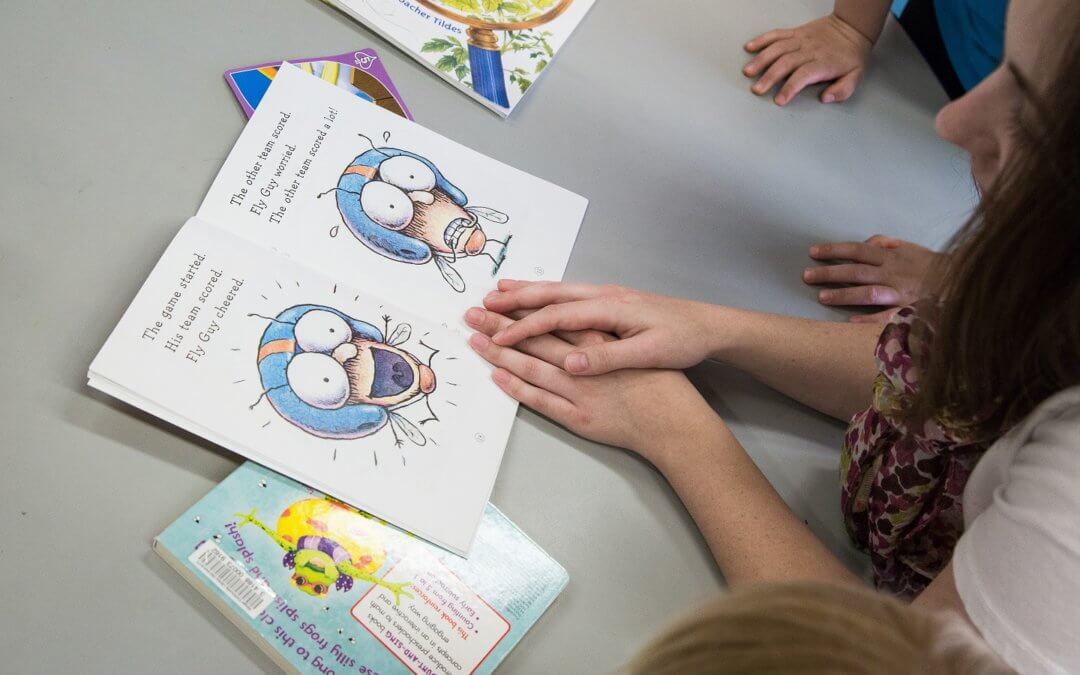Happy January! That glorious month when twinkling holiday lights make way for snow, gray skies and frigid temperatures. The time of year when each of us inevitably asks that age-old question: why do we choose to live in Wisconsin? Then we remember…it is only five months until summer. We can do this!
This is also the month when winter break comes to an end, and that can be anticlimactic for the children in our lives. Kids and teens everywhere want to hide under the covers in the hopes that mom and dad will forget it is time to go back to school. Of course, no kid is that lucky. However, we can help make the transition from the holidays to the second semester of school easier for our children.
If your child is getting a case of the January doldrums, do not fret! Here are some tips to help lift their spirits and make the most of the month:
Set up meetings with your child’s teachers and therapists to ensure that the new year gets off to a positive start. Visiting with your child’s network of service providers can help ease the transition back to school. Find out what you can be doing at home to reinforce the learning that is taking place at school or in therapy sessions. Are there exercises, daily lessons or home routines that you can implement to help enhance your child’s learning and development? Open communication with regular check-ins is one of the best ways to support your child.
Ensure that your child is getting plenty of physical activity. As we head into the long days of winter, it can be tempting to hide away indoors, cozied up in front of a good movie or playing endless hours of video games. However, children need to move! The Centers for Disease Control and Prevention recommends 60 minutes of activity every day. Try taking your child or teen for a walk in nature, building a snowman, ice-skating or going sledding together. Special Olympics, adaptive theater and movement classes, and adaptive sports teams can also help your child stay active, while meeting new friends and developing new skills.
Re-establish a healthy bedtime routine for your child. During the holidays, as we travel or visit with friends and family, we can become lax about our sleep. January is the perfect month to return to good habits. Turn off electronic devices long before bedtime; create a relaxing atmosphere for your child, free of noise and bright light; and follow a daily sleep schedule. Finally, ensure that your child is getting the right amount of sleep for his or her age by talking with your pediatrician.
Every night, take time to read to your child. Research shows that reading aloud helps children develop important language and concentration skills. Winter is a great time to snuggle up with a favorite book. Share your joy of reading with your youngster, but remember that this activity is not just for preschoolers! The tradition of reading together can continue for years and years, as you trade Good Night Moon for The Chronicles of Narnia, Harry Potter and the Sorcerer’s Stone or A Wrinkle in Time.
Help your child develop self-sufficiency. Allowing our children to develop important life skills such as time management, personal accountability and resilience, is one of the most important gifts that we can pass along. Help your child create a visual system (a white board, calendar, chart etc.) for tracking homework time, chores and extracurricular activities. Allow your child to take some responsibility for managing his or her schedule, with your support. This is one small way that we can help them build independence.
And finally, practice what you preach. Your children will follow your lead, so be a good role model for them. Are you getting enough sleep, exercising and limiting your time on your iPad or Smartphone? Make sure to take care of yourself, so you can better care for your family. You will be a better parent for it!
By Mara Dučkens, Executive Director
